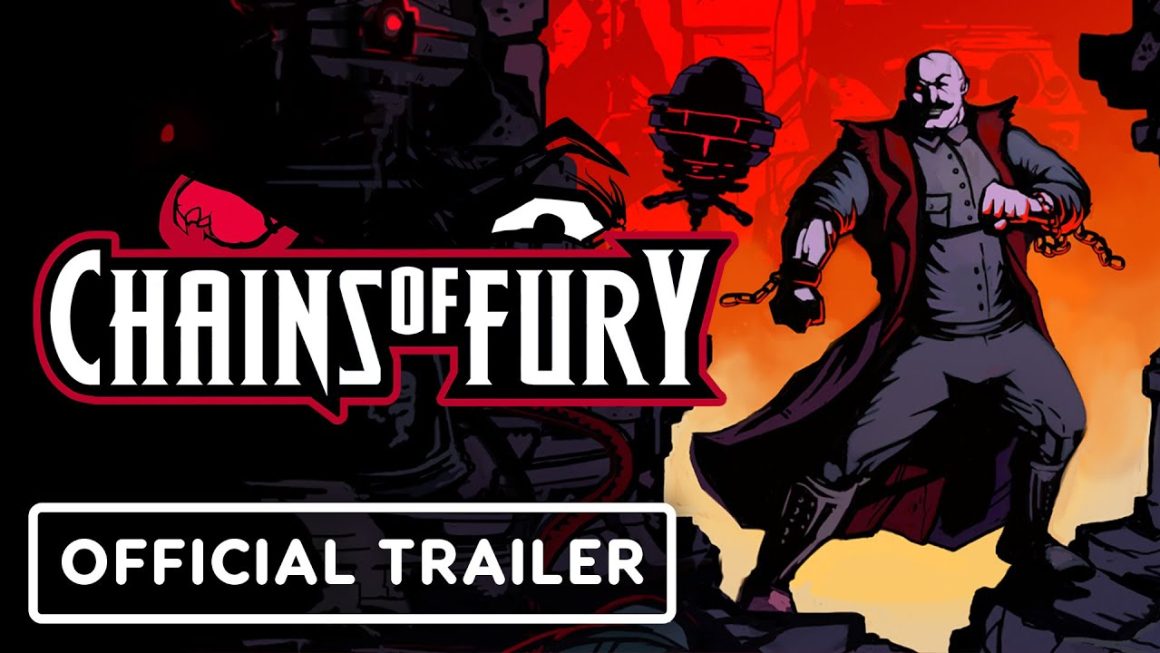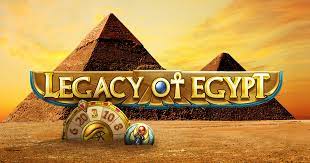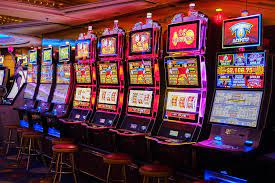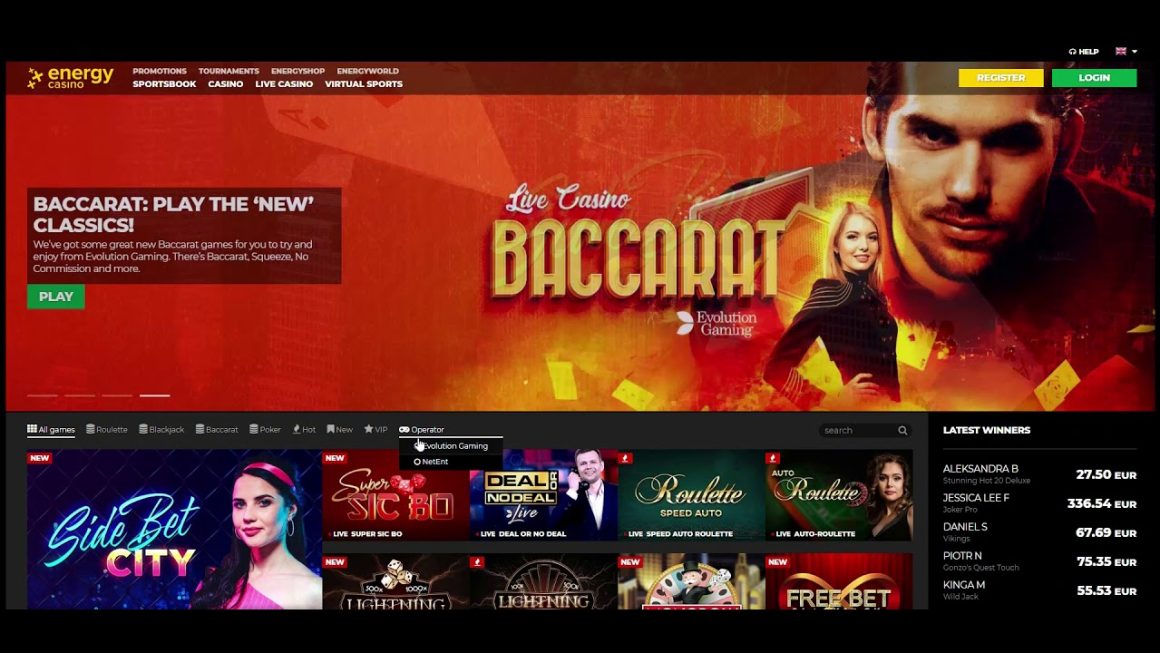The internal struggle associated with Chains of Fury extends far beyond the physical realm; it seeps into our mental landscapes, shaping our thoughts, rr88 behaviors, and overall sense of self.
The Psychological Impact of Chains of Fury
Emotional chains manifest as burdens we carry throughout our lives—regrets, fears, traumas—all weighing us down and affecting our mental health.
- Understanding Emotional Baggage Emotional baggage can stem from a variety of sources: childhood trauma, toxic relationships, or even cultural pressures. This baggage creates chains that prevent us from moving forward, leading to anxiety, depression, and a sense of hopelessness. Recognizing these emotions is the first step toward healing.
- Effects on Mental Health Research shows that unresolved emotional pain can lead to chronic stress, influencing both mental and physical health. Individuals feeling trapped in their emotional chains may struggle with self-esteem and self-worth. Understanding the origin of these feelings can provide significant insight into personal development and empowerment.
The Process of Healing and Liberation
Breaking free from Chains of Fury requires both introspection and active engagement with our emotions.
- Therapeutic Approaches Therapy serves as a vital resource for individuals seeking to address their emotional chains. Various therapeutic techniques—from cognitive-behavioral therapy (CBT) to mindfulness practices—can assist in unpacking complex emotions. Engaging with a therapist allows individuals to explore the root causes of their feelings, ultimately facilitating a path to liberation.
- Self-Exploration Beyond professional help, personal reflection through journaling, meditation, or creative expression can foster healing. Engaging with one’s thoughts and feelings helps clarify desires and dreams, allowing individuals to identify which chains need to be broken.
The Importance of Personal Agency
A crucial aspect of breaking chains lies in reclaiming personal agency—the ability to make choices and assert control over one’s life.
- Empowerment through Choice Recognizing that you possess the power to make decisions is liberating. Each choice can serve as a hammer against the chains holding you back. Whether it’s choosing to leave a toxic job or standing up against societal norms, exercising personal agency promotes self-confidence and autonomy.
- Community Advocacy Many individuals find strength in advocacy work, channeling their fury toward creating broader social changes. Engaging with community initiatives allows individuals to connect their personal battles with collective struggles, amplifying their voices and impact.
The Impact of Cultural Chains of Fury
Culture plays a significant role in shaping our identities, beliefs, and perceptions of freedom. The cultural chains of Chains of Fury can either bind us or empower us to forge our paths.
Cultural Expectations and Identity
Cultural norms dictate behavior, dress, aspirations, and relationships. While some individuals thrive within these frameworks, others may feel suffocated by the weight of expectation.
- Navigating Identity For individuals facing cultural pressure—be it gender roles, familial expectations, or societal standards—the struggle for identity can be daunting. Many experience a conflict between honoring their heritage and pursuing their authentic selves.
- Breaking Stereotypes Breaking through cultural stereotypes requires immense courage. Those who defy norms often face backlash, yet their stories serve as powerful testaments to the human spirit’s resilience. Embracing unique identities cultivates diversity and paves the way for future generations to live authentically.
The Role of Art and Expression
Art has always served as a medium for expressing fury and confronting chains. Creative outlets allow individuals to process emotions, share narratives, and inspire change.
- Storytelling as Resistance Through literature, music, visual art, and theater, artists challenge societal norms and articulate the nuances of their experiences. Stories of struggle resonate universally, fostering empathy and understanding across cultures.
- Collective Healing through Expression Engaging with art can foster communal healing. Group activities—like collaborative art projects or poetry slams—allow individuals to share their narratives, breaking down barriers and forging connections.
The Global Perspective
Across the globe, the concept of Chains of Fury manifests differently, with local contexts shaping the nature of oppression and resistance.
- Cultural Movements Many cultures have rich histories of rebellion against chains of oppression—native rights movements, anti-colonial struggles, and feminist campaigns showcase adaptive approaches to addressing societal issues. Each movement offers valuable lessons on resilience and collaboration.



